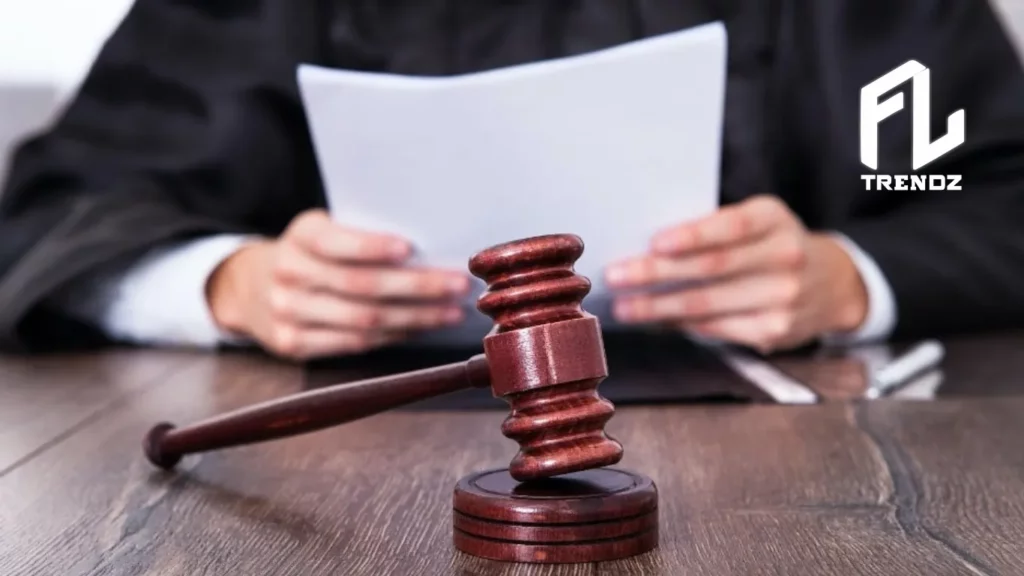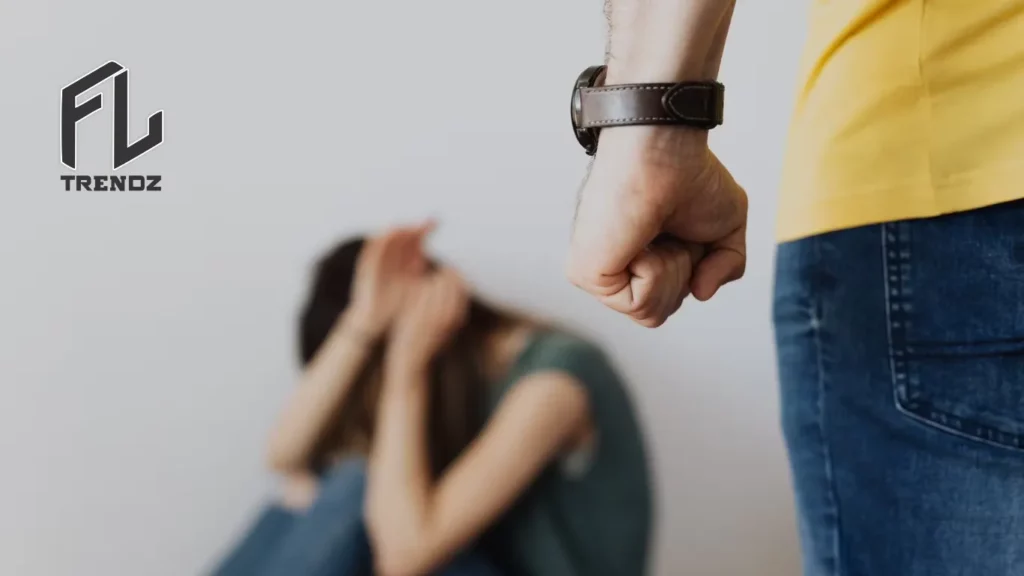Can A Petitioner Violate A Restraining Order In Florida: Latest Guide 2023
Florida State has inflexible words in its laws. If someone attempts to violate these rules, the law has rigid and immediate measures against those who break them. Many people wonder can a petitioner violate a restraining order in Florida.
Can a petitioner violate a restraining order in Florida?
In short, simply answering this question, the petitioner, too, can not violate a restraining order as well as other nationals or residents. Violating a restraining order in Florida or any other state is a serious legal crime.

What are restraining orders?
Injunctions for protection, also known as restraining orders, are legal orders given by a court to restrict someone’s contact and physical closeness to the someone who seeks the order. These restrictions are set in cases where a person is charged with harassment or violent behavior towards the person asking for the order.
A restraining order, sometimes called an “injunction of protection,” is a court ruling scheduled to curtail an individual’s communication and contact with another party. Such legal action is taken when a person commits acts of violence or harassment against someone else.
These orders generally come into play after domestic conflicts or disputes. One party forms the approach of getting a restraining order. Once approved, strict compliance with the order’s terms is important. Failure to comply could lead to legal repercussions.
An “injunction” in this context is a court-issued order by a Circuit Court Judge. It identifies restrictions on an individual’s power to interact with another person. Although often colloquially termed a “restraining order,” under Florida Law, it’s officially termed an “injunction.
5 Kinds of Violence Injunctions
1. Domestic Violence Injunction
For a domestic violence injunction, the person asking it must have a specific, close relationship with the person they want protection from, as defined by the law.

2. Repeat Violence Injunction
Repeat violence ought the person asking for it to have been hurt or scared by someone following or hurting them at least two times in the last six months. It can also be used if the person asking wants to protect a kid who lives with them by getting a rule that says the other person has to stay away.
3. Dating Violence Injunction
If someone wants to get a dating violence injunction, they must have been in a romantic affinity with the person they are troubled about in the last six months.
4. Sexual Violence Injunction
If a person asking for support from the court has experienced sexual violence or is trying to protect a child who went through an immoral experience, the court can give them a particular order to stay safe.
5. Stalking Injunction
Ask the court for a stalking injunction if someone has been following or bothering you, even if you were not in a relationship. Parents can also request this to guard their kids.
Even if someone dislikes the restraining order, they might get arrested and face more legal charges if someone breaks it.
Types of Restraining Order
If someone in Florida is frightened for their protection, they can request legal help through a “protection” request. There are two kinds: ‘temporary’ (short-term) and ‘final’ (long-term) protection. Let’s look at both.
Temporary Restraining Order
Temporary protection orders, also called ‘ex parte’ orders, are like quick safety protection given by a judge. If the judge believes there’s a real threat, they can provide this order to support the person and their family to stay safe.
These quick protection orders only last for up to 15 days typically. They start as soon as you get a copy from the court. Before it ends, a court session will determine if you need a longer-lasting order.
Permanent Restraining Order
The next step is the ‘permanent’ protection order, which is more official. It stops the person from doing the same things as the short one. The rules might alter based on what happens in the meeting. The ‘end date’ does not have to be there, although it usually is. But if it’s not there and you want to change or cancel the order, you must talk to the court properly.
The issuance of a temporary injunction or the finalization of an injunction becomes part of the public record. The information can be read by anyone, including employers, neighbors, and the general public, via the Pinellas County Clerk of Court’s website. Transparency confirms that pertinent legal information is easily unrestricted to those needing it.
Penalties for violating a restraining order
When someone does not obey the orders from a judge to stay away, hurt, or threaten another person who asked for protection, it’s called violating an injunction.
The person who asked for protection or the police can take this violation to court. It goes from being a civil matter to a criminal case. In Florida, it is a misdemeanor. Never matter whether the restriction order is temporary or permanent – breaking it is an intense crime.
If found guilty of violating the protection order, these penalties can be placed:

These kinds of crimes are severe and can stay on their record permanently. If someone keeps violating the protection order, the charge can become even more potent, unwinding a felony.
Ignoring any part of it is not wise, even if you are not arrested or charged for violating the restraining order rules. Even with sound logic, speaking to your lawyer before contacting another person is better. That’s how you can avoid making things worse.
If you have a protective order and don’t follow it, the person you are protected from might employ that to change or cancel the order. It leads to contact with them.
Here are some places they could interact with you if the order changes:
It’s required to keep the order. If you or someone you care about is in a similar case, it’s wise to speak to a lawyer. They can make sure you are taken care of.
Steps after getting served with a restraining order
If you receive a restraining order:
What’s Breaking a Restraining Order in Florida?
In Florida, breaking a domestic violence restraining order can be done in 8 ways:
Read in detail: 741.31 (4) (a) Florida Statutes.






